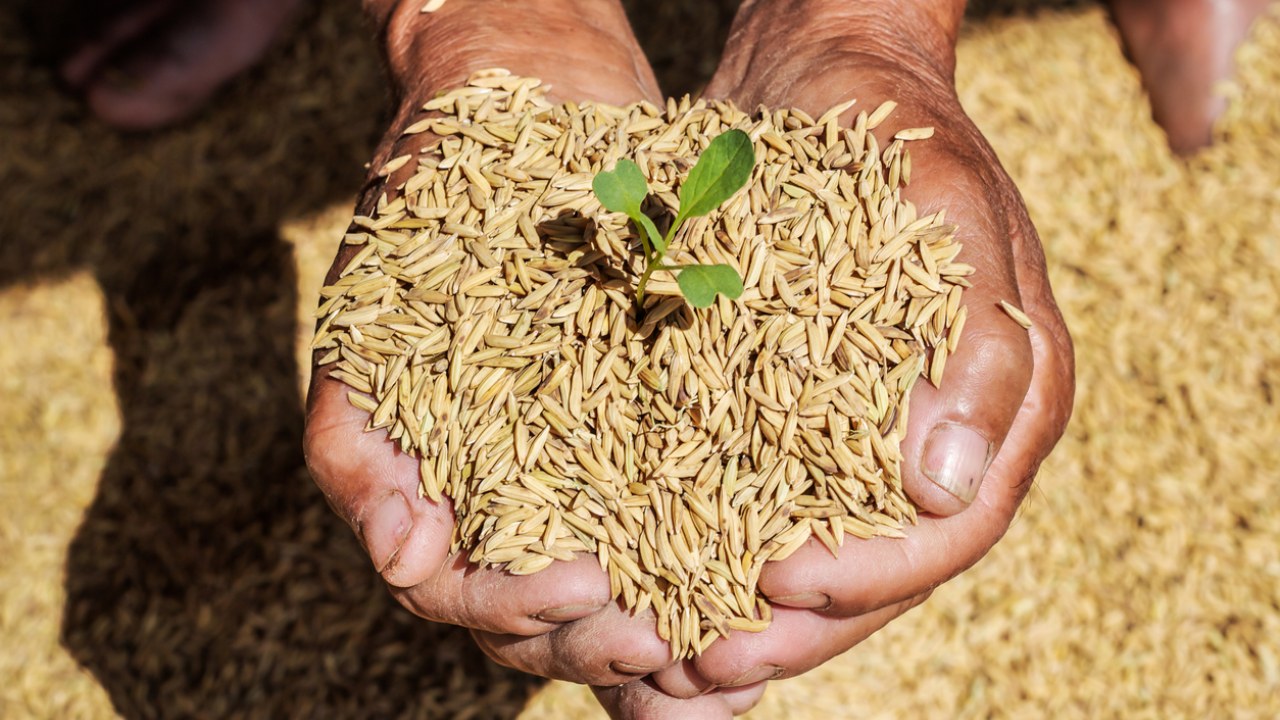MSP Guarantee Scheme: After implementing its five guarantee schemes, the Karnataka government has now taken a step towards providing direct relief to farmers. The government has announced that it is coming up with a new scheme, ‘MSP Guarantee’, which aims to ensure a minimum support price (MSP) to farmers for their produce. This initiative is an attempt to create an environment of stability and trust in the agriculture sector by going beyond social welfare.
Now direct trust for farmers
Till now, the guarantee schemes run by the government were mainly related to the social security of poor and middle-class families. But critics said that no concrete initiative was seen for the farmers in them. To fill this gap, Agriculture Minister N. Cheluvarayaswamy announced the ‘MSP Guarantee Scheme’. He clarified that this scheme will not be based on free distribution, but its emphasis will be on creating a system so that the benefits reach directly and only to the eligible farmers.
Registration from the time of sowing
Under the current system, farmers have to register at the procurement centers after harvesting their crops. This process takes place within a limited time, and farmers often face inconvenience. But in the new scheme, farmers will get the facility of registration at the sowing stage itself. The advantage of this will be that farmers will be assured in advance that their crop will be purchased at the price fixed by the government.
Digital monitoring through the FRUITS app
The government has also prepared to link this scheme with technology. Registration of farmers will be done through the FRUITS (Farmer Registration and Integrated Beneficiary Information System) app. Officials will themselves visit the fields and hand over registration certificates to the farmers. Cheluvarayaswamy said that fake registrations will automatically end from the technology-based database, and only the right beneficiaries will get the benefit of the scheme.
Strong basis for market intervention
The basic objective of MSP is that whenever prices fall in the open market, the government should buy the produce of the farmers and save them from losses. Till now, the central government has been fixing MSP for select crops, and the state governments procure a fixed portion with the permission of the centre. In Karnataka, 14 crops, including paddy, ragi, and jowar, have been included in the MSP list for the Kharif season (June to September). Whereas 11 crops like moong and urad are listed for the Rabi season (October to January).
Registration will remain open throughout the year
Till now, farmers used to get the opportunity to enroll only for a limited period of two months after harvesting the crop. But in the new ‘MSP Guarantee Scheme’, registration will be possible from the time of sowing till the whole year. This will give more flexibility to the farmers, and they will be able to prepare for their produce ahead of time.
May start from the Rabi season
Karnataka Agricultural Price Commission Chairman Ashok Dalwai called this initiative a “very necessary reform”. He said that since the Kharif season is now coming to an end, the government can implement this scheme with the beginning of the Rabi season next month.
More crops will also come under the purview
Agriculture Minister Cheluvarayaswamy indicated that the government will not be limited to traditional crops only. Soon, preparations are underway to bring other millets and horticultural products grown in Karnataka under the purview of this scheme. For this, the state government is going to send a proposal to the Center.
New hope for farmers
The ‘MSP Guarantee Scheme’ is not just a scheme but an effort to give confidence to farmers. Farmers who have been struggling with market uncertainties for a long time can now expect that they will get a fixed price for their produce from the time of sowing. The state government claims that this reform will bring a new era of trust, stability, and security in the agriculture sector.
